
Elsewhere, William H. Macy’s Frank is all slobber and a shaggy haircut, as he mourns the death of his young lover Bianca. To think that her death would push Frank in a new direction would be a gross miscalculation. Frank’s up to his usual tricks – starting (literal and figurative) fires he’s incapable of putting out. He spends much of the premiere camped out in front of Bianca’s gravestone, clutching her bra and underwear and mumbling incoherently.
In perhaps the most uncomfortable moment of the premiere, Frank is caught getting down with himself on the ground beside Bianca’s grave – a scene that goes on for at least a minute longer than you want it to. Frank’s misdeed is treated with the lightness of a pratfall, as he clumsily runs away, leaving his dead girlfriend to rest in peace. Tonally, this is not out of the ordinary for a show that has always artfully mixed in moments of silliness with ones of bleak realism. However, it’s a moment where the show seems to scream “Look at us! We’re edgy!” rather than deliver actual laughs.
At its core, this instance is indicative of Shameless’s biggest problem: the show tries desperately to rise to the level of its cable peers by pushing the taboo to the forefront, but never seems to reach a satisfying end by doing so. The show’s depictions of sex, violence and profanity (especially emanating from its younger cast members) are glamorized in the same predictable way they were on shows like Californication and Entourage – the only difference is the dulled lighting and lack of makeup on Rossum’s face.
On Shameless, these moments end up feeling extraneous and cheap – there to fill a quota and prove that this show can hang with the best of them. As Lip continues his messy sexual relationship with the older Helene and gets in a fight to mark his territory, the audience is left questioning if we’re really getting anything out of this use of rehashed tropes, other than the “thrill” of witnessing the acts themselves. Even Kevin and Veronica’s story – which hints at a season-long arc dealing with the gentrification of the characters’ neighbourhood – takes a backseat to this.
This isn’t a new addition – sex, drugs, and violence have always been a part of Shameless’s DNA, but it’s the ornamental way that these elements are being used that feels unsatisfying. It’s a shame, considering that the show has consistently proven its ability to deal with issues in regards to class and race that most television programs won’t touch, all the while producing real moments of levity and comedy.
All in all, the first two episodes do a good job of driving the Gallaghers to action and setting up stories that are likely to unfold throughout the course of the season. Hopefully Shameless will continue to take advantage of the groundwork it has laid and really explore the social issues it has brought up through Carl and Debbie’s stories – instead of simply pandering to what it thinks a cable audience wants to see.

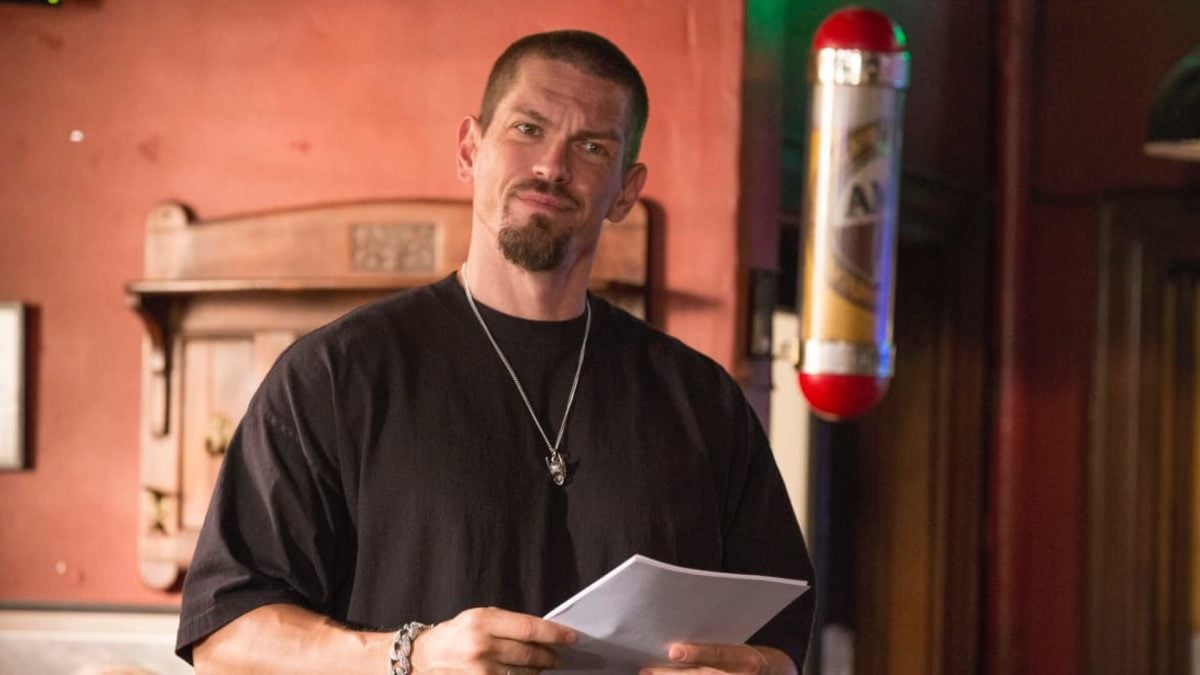
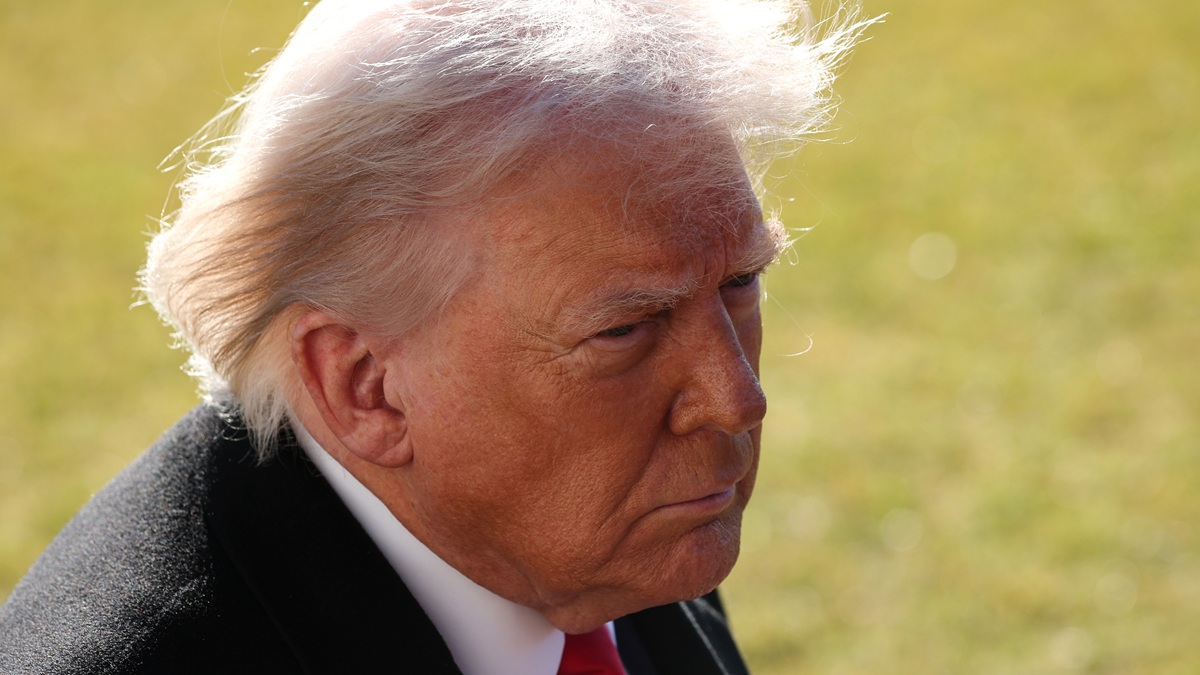
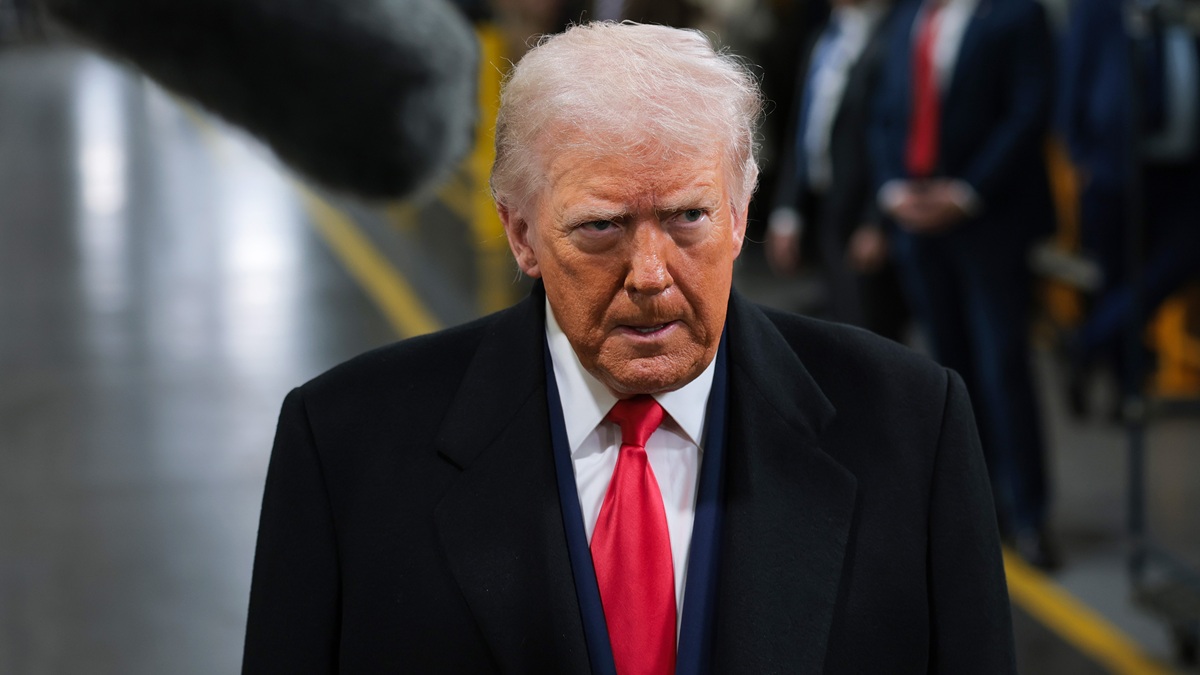

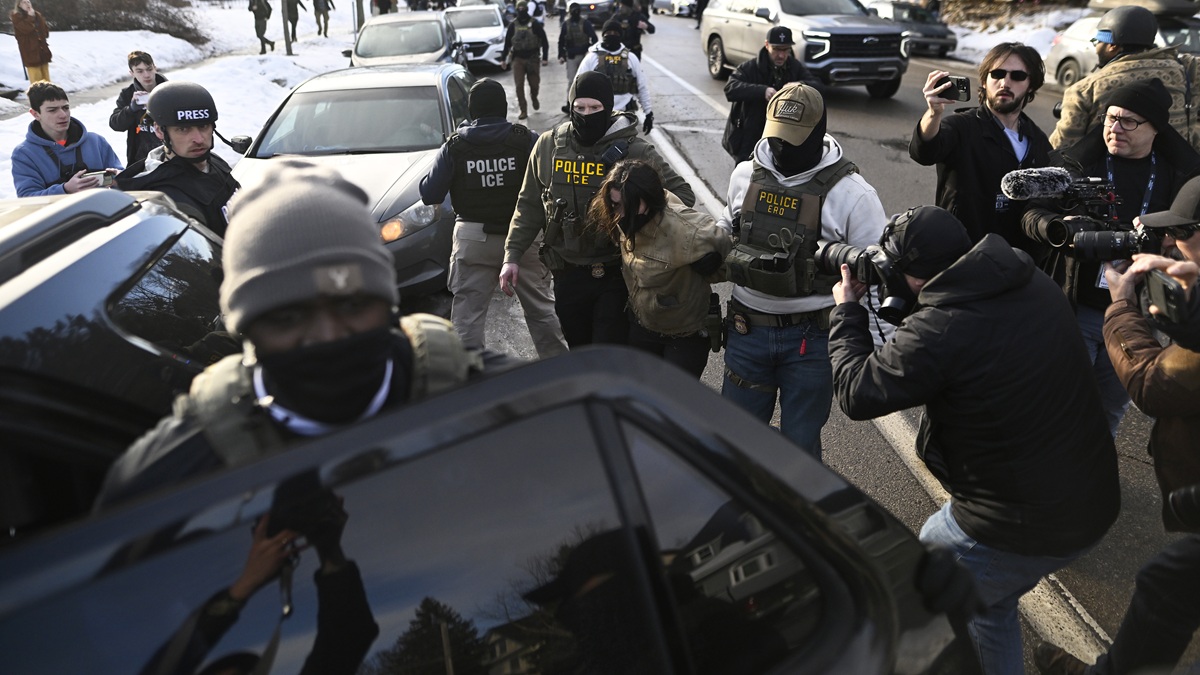
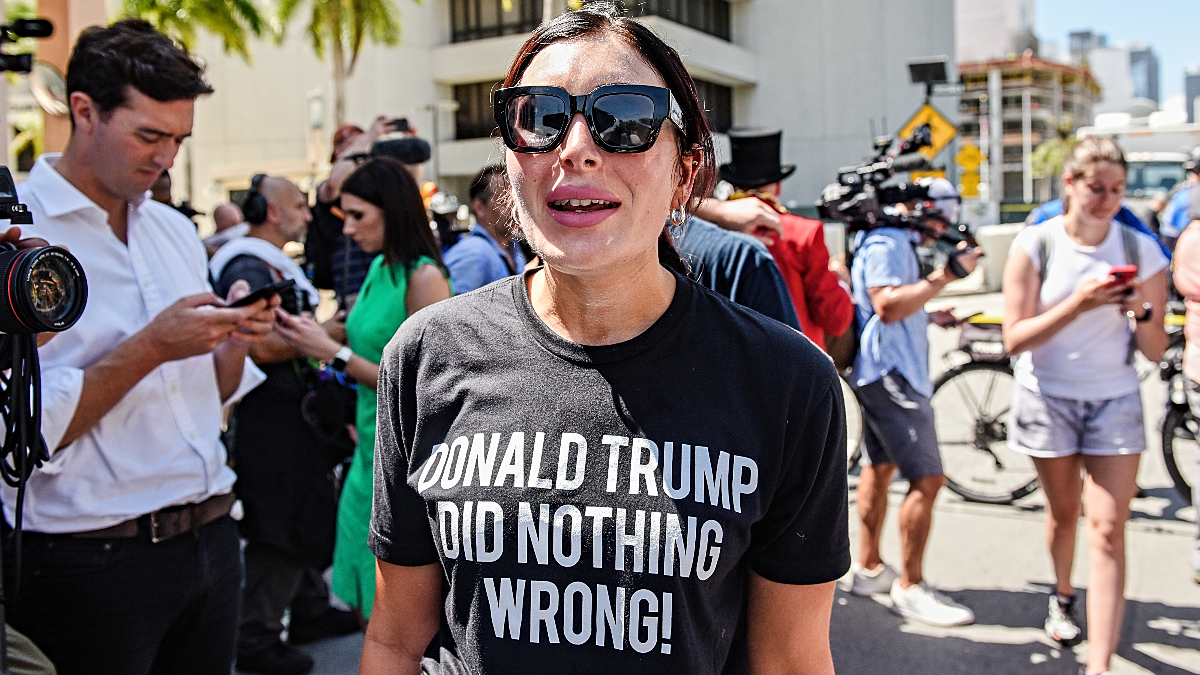
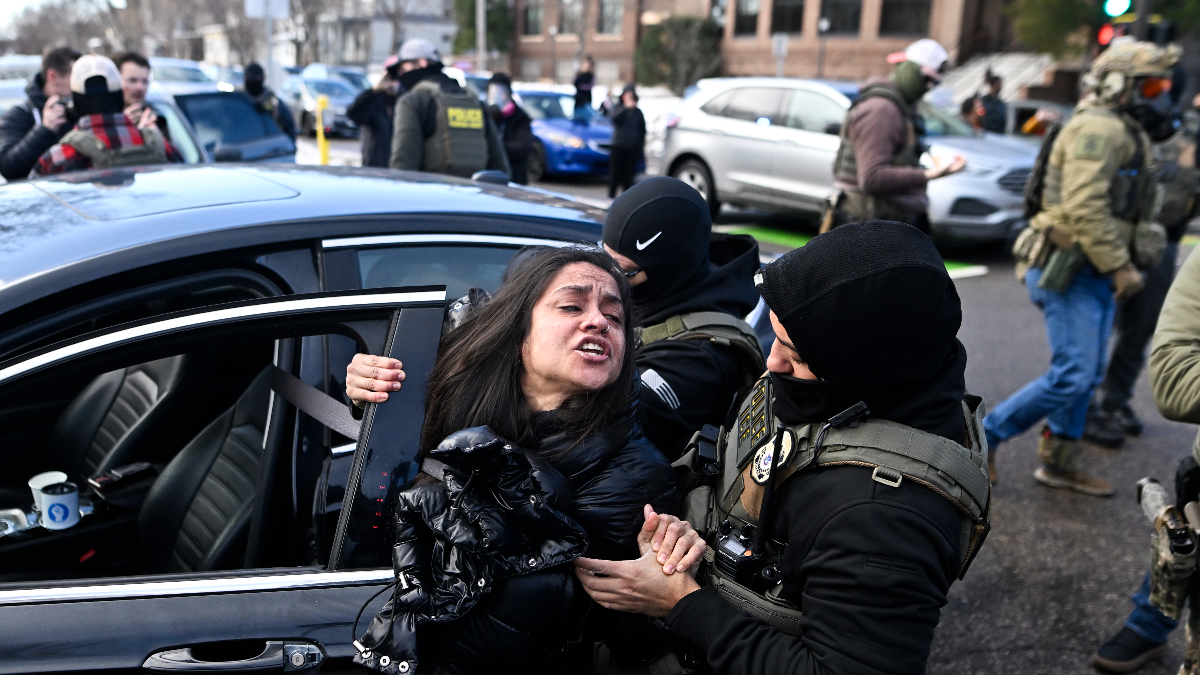

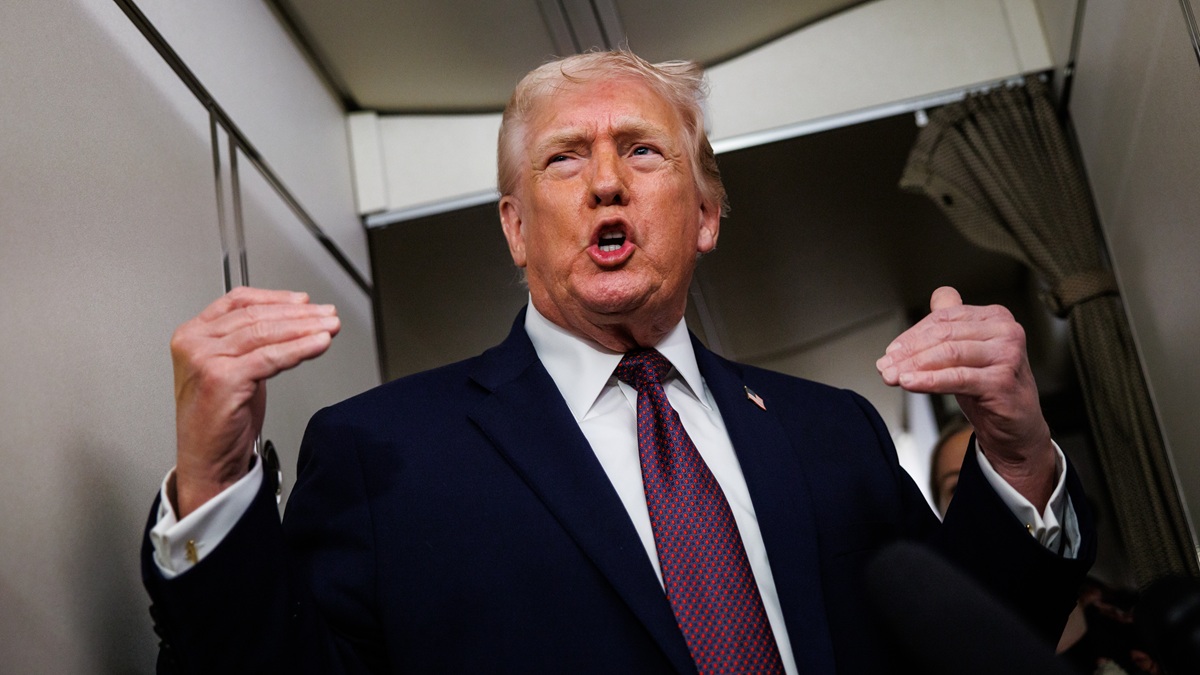
Published: Jan 10, 2016 05:12 pm